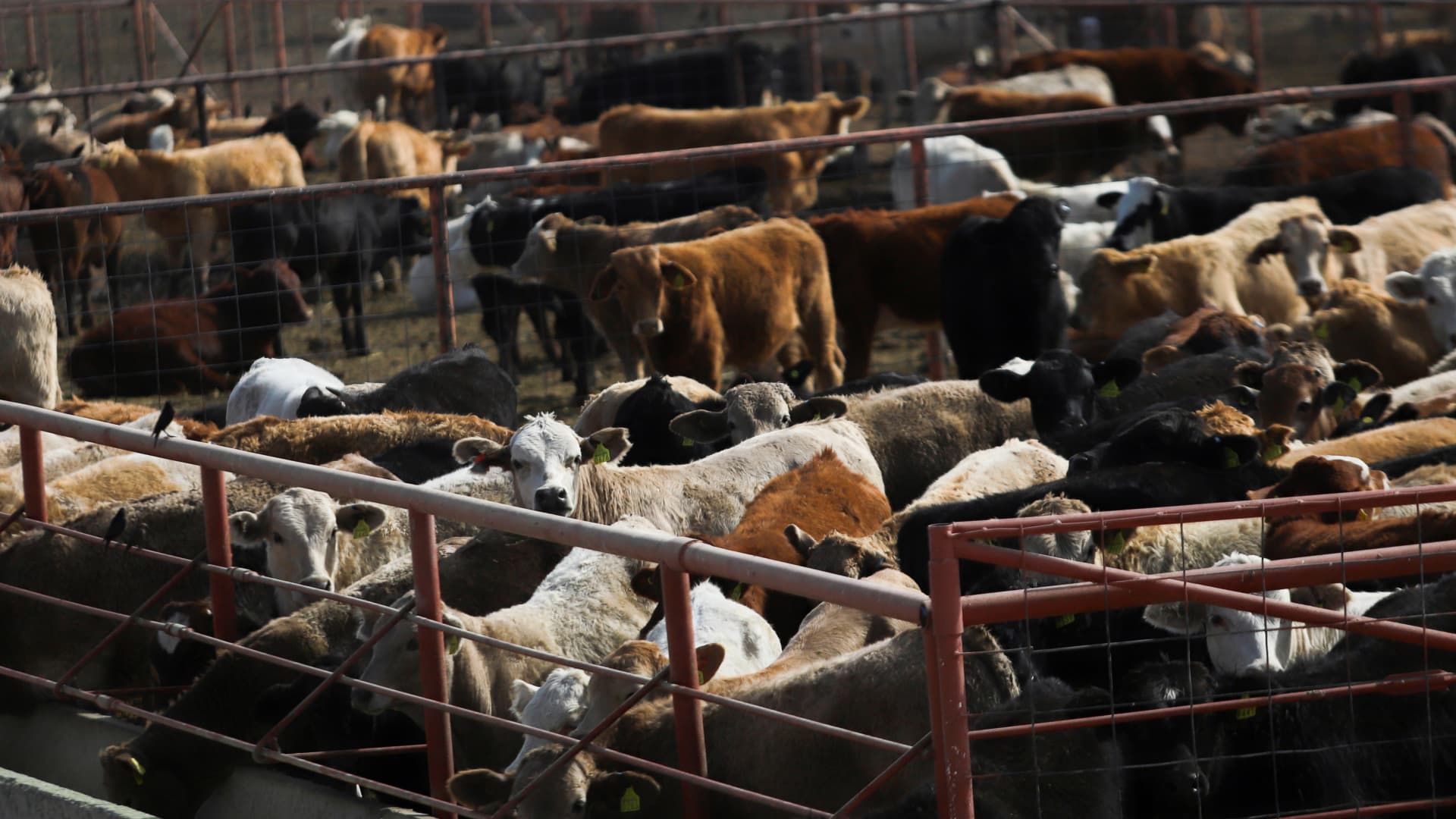Copyright dailystar

The UK Health Security Agency (UKHSA) is encouraging people to consider wearing face masks , amongst other precautions, as colder weather arrives and various bugs circulate. Flu, Covid, the common cold, and respiratory syncytial virus (RSV) typically become more widespread during autumn and winter months. While symptoms can be similar, some illnesses can prove far more serious than others. In a fresh post on X, formerly Twitter, on Tuesday the UKHSA stated: "Feeling under the weather? Help stop infections from spreading with this checklist for you and your family." The public is being advised to follow five key steps to help prevent infections from spreading over the coming weeks and months, reports the Mirror . These include washing hands frequently, covering coughs and sneezes with a tissue, remaining at home when feeling poorly, opening windows during indoor gatherings, and considering mask-wearing when venturing outside. According to the latest government figures, Covid cases have increased marginally in the week to October 8, showing a rise of 1.9 per cent. Covid fatalities jumped by nearly 15% week-on-week, climbing from 87 to 100, in the week to October 3. Meanwhile, in the week to September 30, the most recent available data, the number of patients admitted to healthcare facilities with Covid increased from 1,894 to 2,077, representing a rise of 9.7%. It comes days after a new form of the flu has stirred up worries about another global pandemic, with experts worried that the variant is able to jump between animals and humans, similar to Covid-19 . The IDV variant was detected in China , and scientists say it could "silently" spread to new countries, with the bug showing "alarming exposure rates." The virus was examined by researchers led by Hongbo Bao from Changchun Veterinary Research Institute, and the "newly emerging" strain of flu has been called influenza D virus or, IDV. So far, it mostly affects cattle, but they found that it's perhaps transitioned from an animal-only pathogen to being able to spread among humans. Experts said: "Our findings indicate that IDV may have acquired the capacity for human-to-human transmission during its ongoing evolution, and currently circulating IDV strains already pose a potential panzootic [the animal equivalent of a human pandemic threat." It was first discovered in 2011, in Oklahoma, where a pig was found with flu-like symptoms. Since then, it's been found that cattle are the main carriers of IDV, posing a risk of spill over to cattle workers. For the latest breaking news and stories from across the globe from the Daily Star, sign up for our newsletters .



